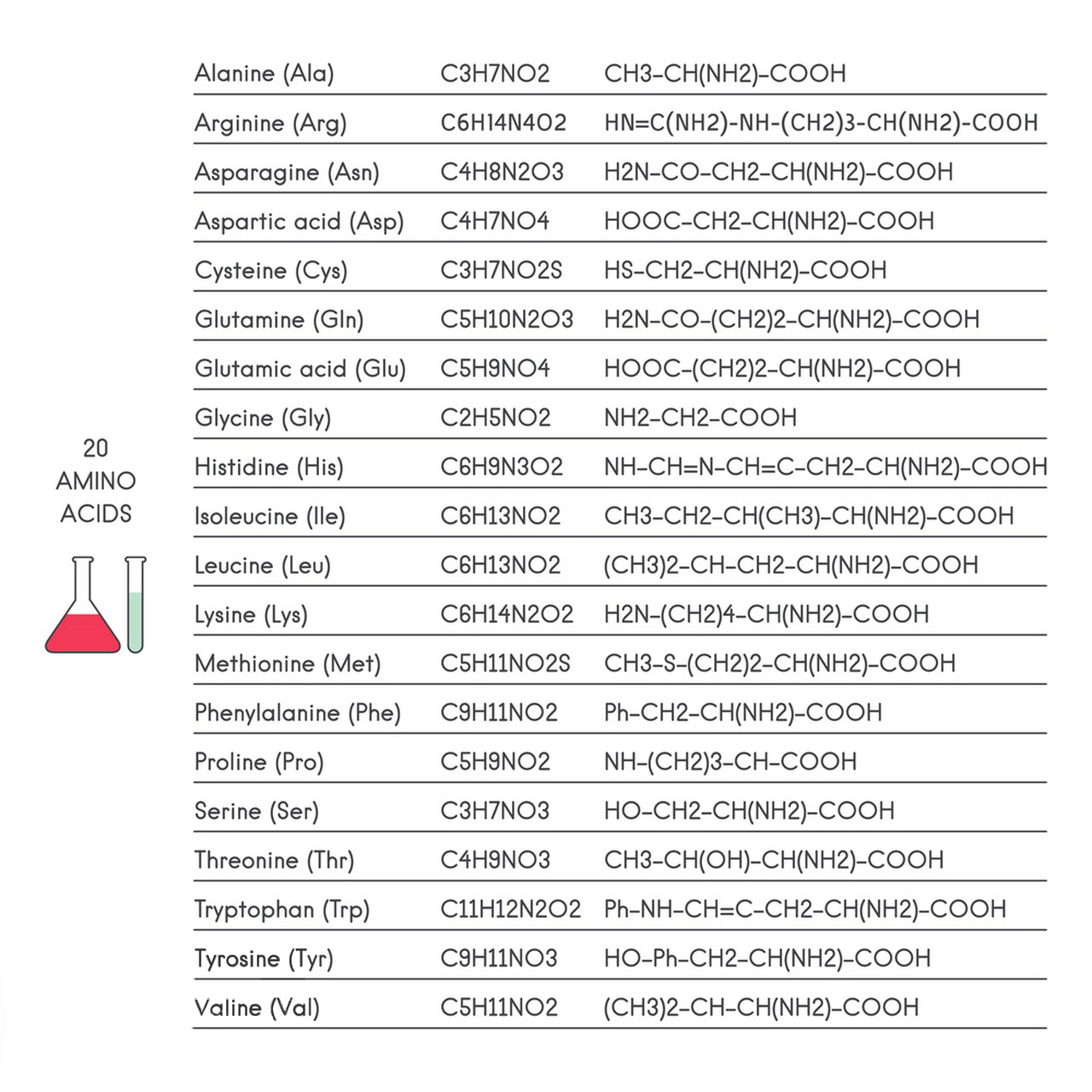Tyrosine is one of the 20 standard amino acids, which are the building blocks of proteins. It is classified as a non-essential amino acid because the body can synthesize it from another amino acid called phenylalanine. Tyrosine plays a crucial role in various physiological processes in the human body.
Here are some key functions and roles of tyrosine:
Precursor to Neurotransmitters: Tyrosine is a precursor for the synthesis of several important neurotransmitters, including dopamine, norepinephrine, and epinephrine. These neurotransmitters are involved in mood regulation, stress response, and cognitive function.
Thyroid Hormones: Tyrosine is a component of thyroid hormones, such as thyroxine (T4) and triiodothyronine (T3), which are essential for the proper functioning of the thyroid gland and overall metabolism.
Melanin Production: Tyrosine is involved in the production of melanin, the pigment responsible for skin, hair, and eye color. The conversion of tyrosine to melanin occurs in melanocytes, specialized cells in the skin.
Protein Synthesis: As an amino acid, tyrosine is also incorporated into proteins during the process of protein synthesis.

Stress Response: Tyrosine is often considered a conditionally essential amino acid, meaning its demand may increase during periods of stress, such as physical or psychological stress. Supplementing with tyrosine is sometimes explored for its potential to support cognitive function and mood during stressful situations.
Tyrosine is naturally found in various protein-containing foods, including meat, dairy products, eggs, nuts, and seeds. Additionally, it is available as a dietary supplement for those who may have increased needs or specific health goals. It’s important to note that while tyrosine supplementation is generally considered safe, it’s always advisable to consult with a healthcare professional before adding any new supplements to your routine.
How to use Tyrosine?
Tyrosine is an amino acid that plays a crucial role in the production of neurotransmitters in the brain, including dopamine, norepinephrine, and epinephrine. It is found in protein-rich foods such as meat, fish, dairy products, nuts, and seeds. Tyrosine supplements are also available and are sometimes used to support mental alertness, focus, and stress response. However, it’s essential to use any supplement with caution and under the guidance of a healthcare professional. Here are some general guidelines on using tyrosine:
1.Consult a healthcare professional:
Before starting any new supplement regimen, it’s crucial to consult with a healthcare professional, especially if you have any existing health conditions or are taking medications.
2.Dosage:
The appropriate dosage of tyrosine can vary depending on individual needs, health conditions, and the reason for supplementation. Typical doses range from 500 mg to 2000 mg per day, but it’s essential to start with a lower dose and gradually increase if necessary.
3.Timing:
Tyrosine supplements are often taken on an empty stomach, about 30 minutes before meals. This is to enhance its absorption. However, it can also be taken with food to reduce the risk of gastrointestinal upset.
4.Be mindful of interactions:
Tyrosine supplements may interact with certain medications or health conditions. If you are taking antidepressants, MAO inhibitors, or have thyroid issues, consult your healthcare provider before using tyrosine.

5.Monitor for side effects:
While tyrosine is generally well-tolerated, some people may experience side effects such as gastrointestinal issues, headache, or changes in blood pressure. If you notice any adverse effects, discontinue use and consult a healthcare professional.
6.Use in specific situations:
Tyrosine supplementation is sometimes recommended in situations of stress, fatigue, or cognitive decline. Athletes may also use it to enhance performance. However, its effectiveness can vary among individuals.
7.Consider other factors:
Tyrosine is just one aspect of a healthy lifestyle. Ensure that you are maintaining a balanced diet, regular exercise, and adequate sleep to support overall well-being.
Always remember that individual responses to supplements can vary, and what works for one person may not work the same way for another. It’s crucial to approach supplementation with caution and seek professional advice when needed.
